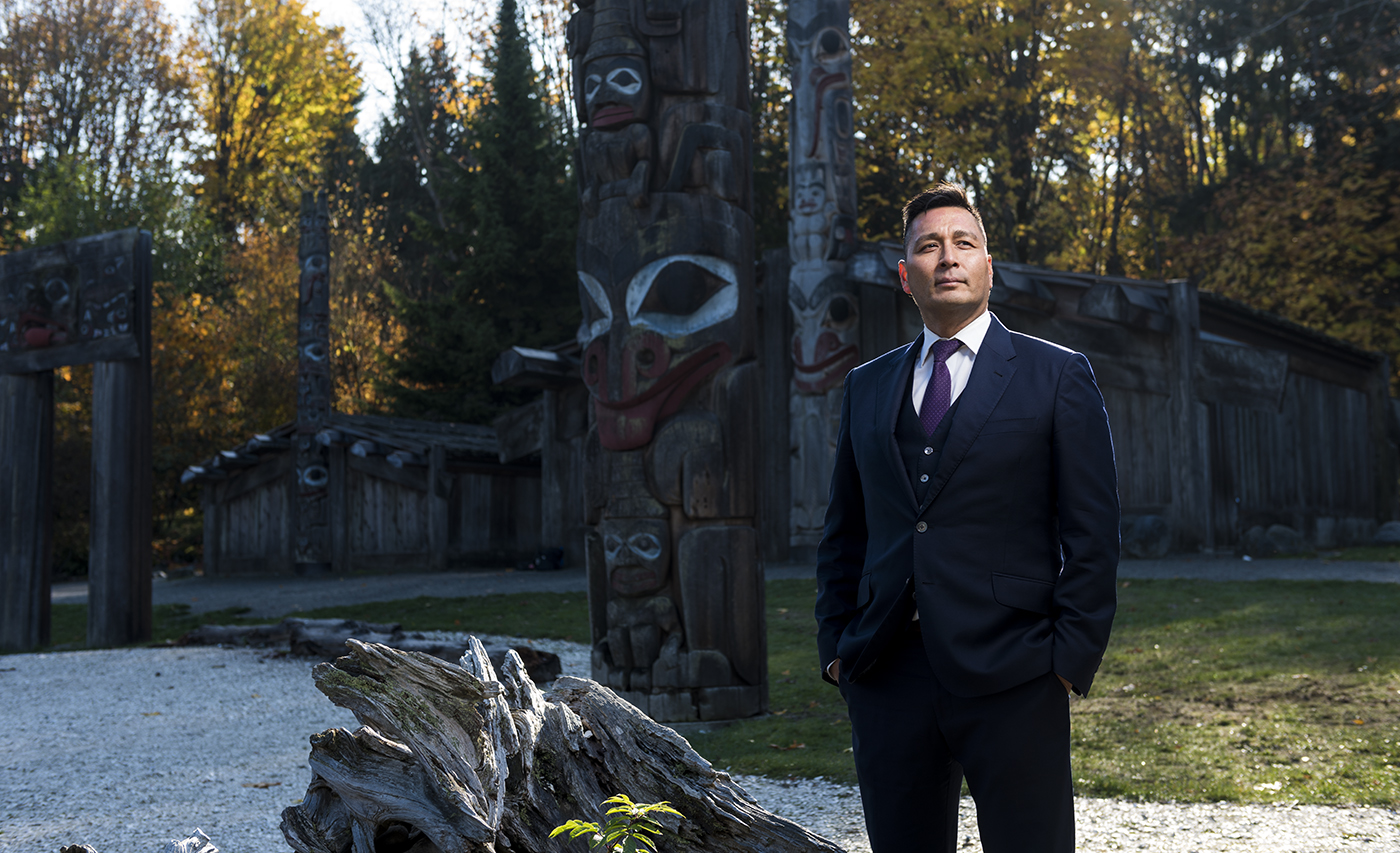Free, Prior, Informed consent is a collective right for Indigenous peoples protected by international human rights standards and recognized in Article 32.2 of the United Nations Declaration on the Rights of Indigenous Peoples (UNDRIP). While UNDRIP provides a framework for the right of Indigenous people, the declaration itself is not legally binding. That changed in BC today, however, when at 10 a.m. BC introduced UNDRIP into legislation, becoming the first jurisdiction in Canada to legally enshrine UNDRIP.
FPIC was developed, and is most commonly used, to assist Indigenous peoples in claiming their rights to self-determination, consultation, and participation in decisions impacting their lands or territories and other resources. Specifically, FPIC is engaged for resource development projects, such as dams, mines, logging and other large extraction and infrastructure projects. Essentially, FPIC means that governments, corporations and others must respect Indigenous peoples’ rights to self-determination and self-government, as well as the rights to participate effectively and comprehensively in decisions that may affect their lands, property, cultures or environments.
In this December 2012 article in Cultural Survival Quarterly, Grand Chief Edward John of the Tl’azt’en Nation explained that “in plain terms, FPIC is knocking on somebody’s door and asking for permission before you come in. Many times, Indigenous people are accused of being anti-development, but the only claim Indigenous people are making is that they really want to be part of the decision-making about resource development. When the issue of land rights comes to the fore, suddenly people start backing off and saying, ‘hey, wait just a minute, we didn’t mean that you people have any rights to your land. We stole it fair and square, and you don’t have it anymore.’ That’s why I come back to the Declaration, as a remedial instrument to right the wrongs of the past; these rights are recognized in an international instrument to the UN. These rights, and these processes containing their rights, are designed to remedy the historic injustices.”
But what does FPIC concretely imply? In this “simple [blog] post”, Indigenous Resource Lawyer Merle Alexander offers the following definitions:
- Free: All Indigenous Peoples have the human right to voluntarily make decisions for their Nations. There is no majority rule coercion that is acceptable. So, just because some First Nations agree to a project does this mean that you are bound by their consent.
- Prior: Before a project or a governmental action is approved, the Indigenous Peoples' consent must be obtained, not after the fact.
- Informed: The Indigenous Peoples must be provided with a comprehensive materials and capacity funding to evaluate the potentially adverse effects on their Title and Rights.
- Consent: Consent is on a Nation by Nation basis. Each Indigenous Peoples consent must be obtained, not simply a majority.
While they are most commonly associated with land and resource development project, the principles of FPIC are equally relevant to research collaborations. In the case of research, the ‘resources’ being extracted are simply different; rather than being marketable commodities, they are intellectual, cultural, or even spiritual in nature.

On October 25th, 2019, Merle Alexander will be joining us at UBC Vancouver for a lunchtime presentation on Free, Prior, Informed Consent (FPIC). Merle is an UN negotiator for Indigenous Peoples; legal advisor on modern day treaties between First Nations and the Crown; negotiator of Industry-Indigenous resource agreements, traditional knowledge protocols; and advisor to Indigenous communities seeking to develop protective and conservation measures to protect their indigenous legal orders. IRSI is pleased to present this sure-to-be engaging and enlightening conversation in collaboration with Indigenous Legal Studies.
For those who would like to view and hear Merle’s presentation, it's now available on the IRSI YouTube channel HERE.
STORY SOURCES
https://www.ohchr.org/Documents/Issues/IPeoples/FreePriorandInformedConsent.pdf
http://theindigenouspartnership.org/free-prior-and-informed-consent/
